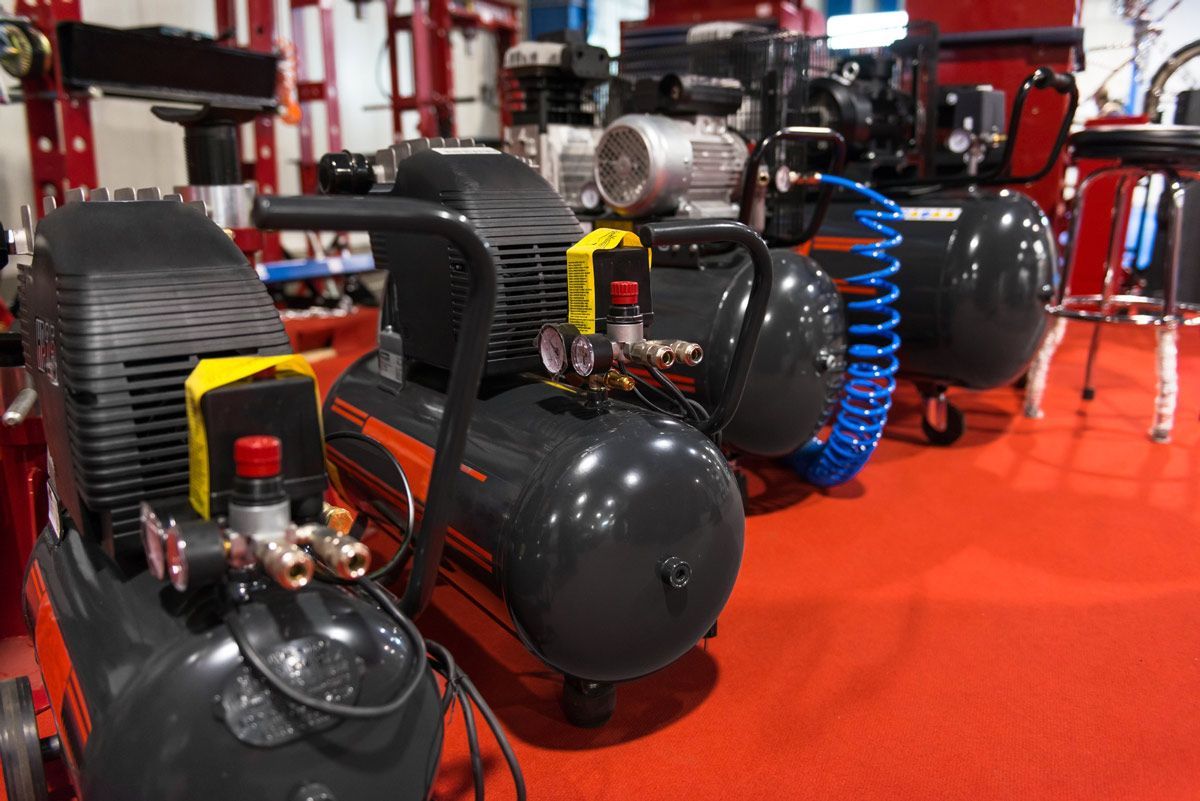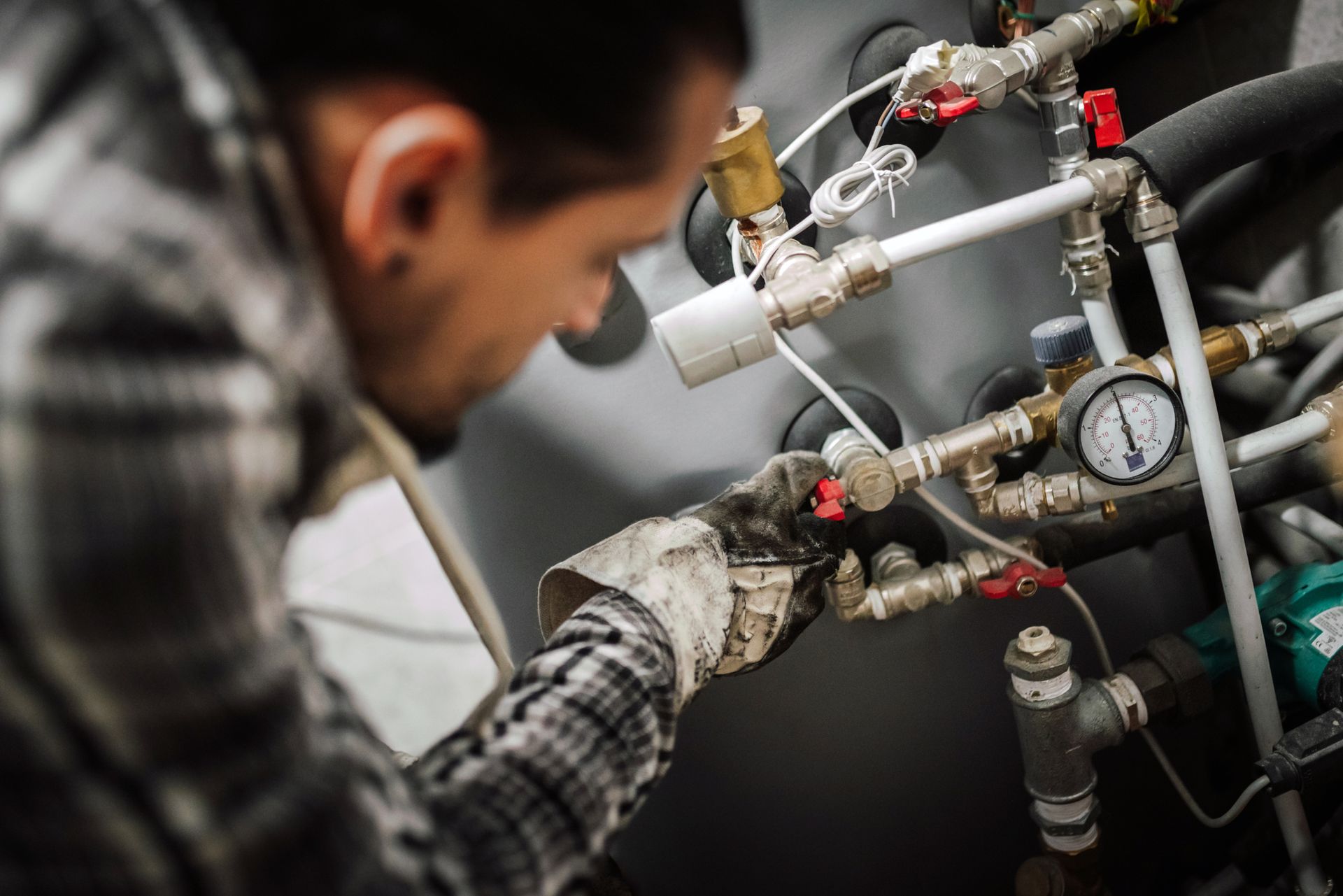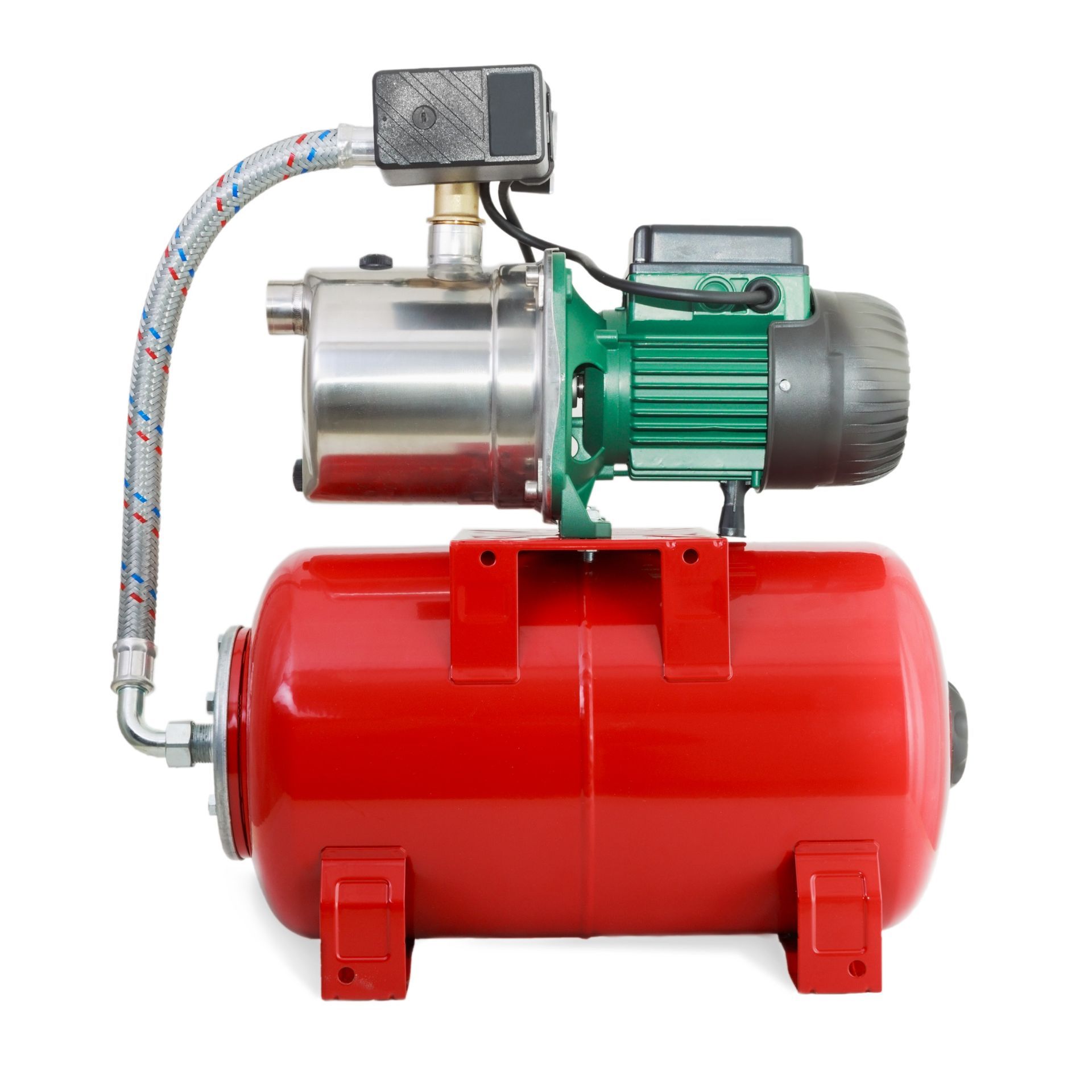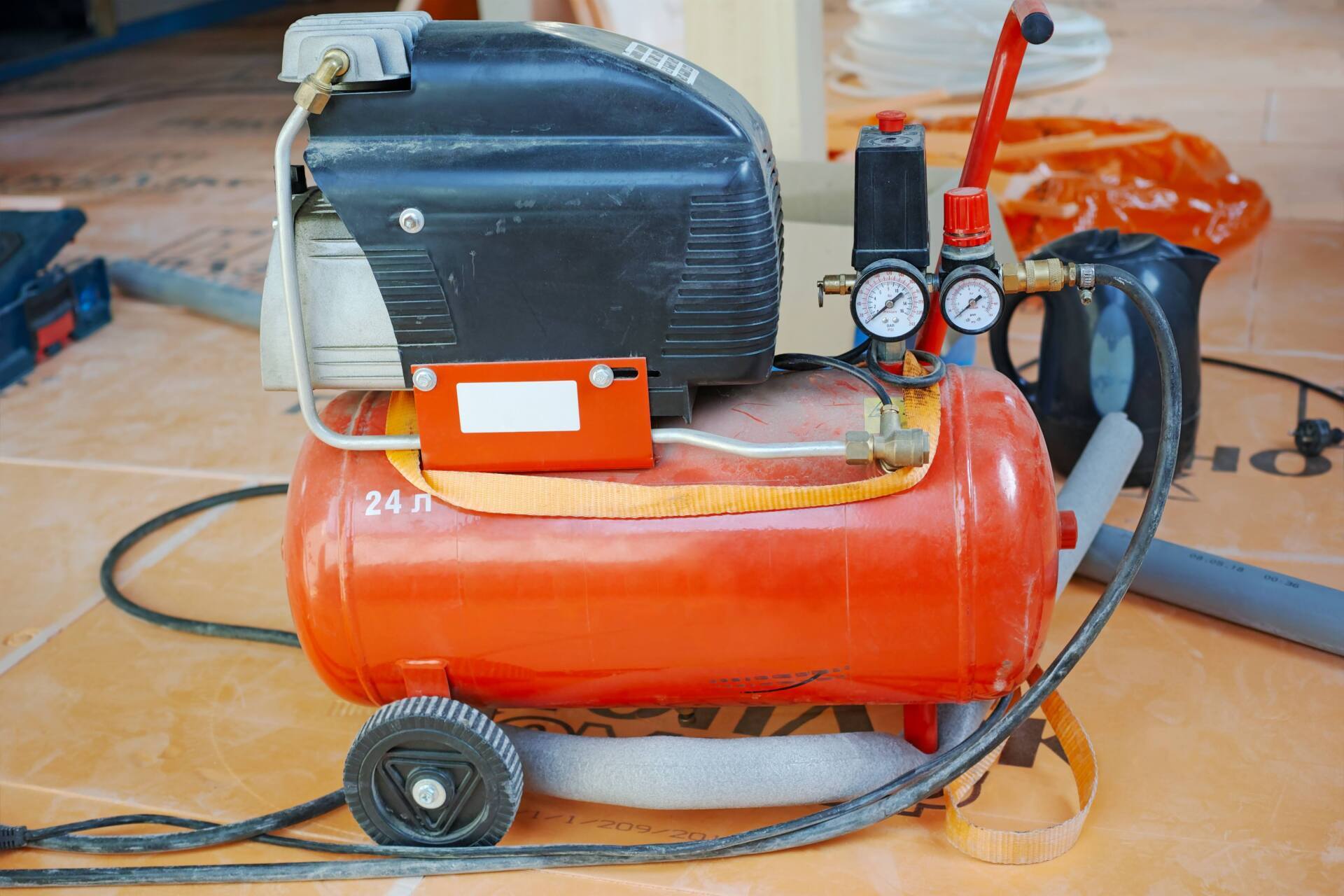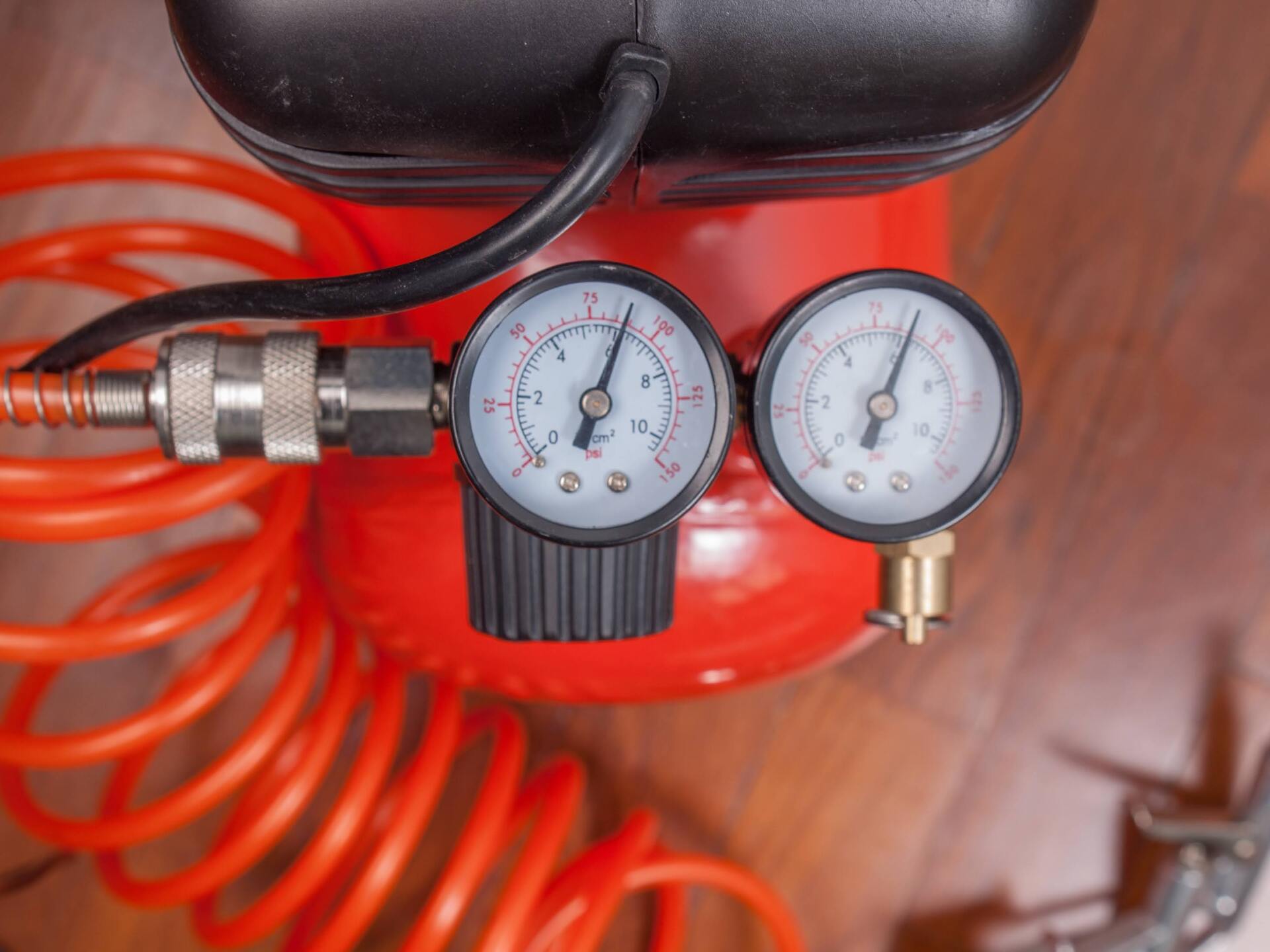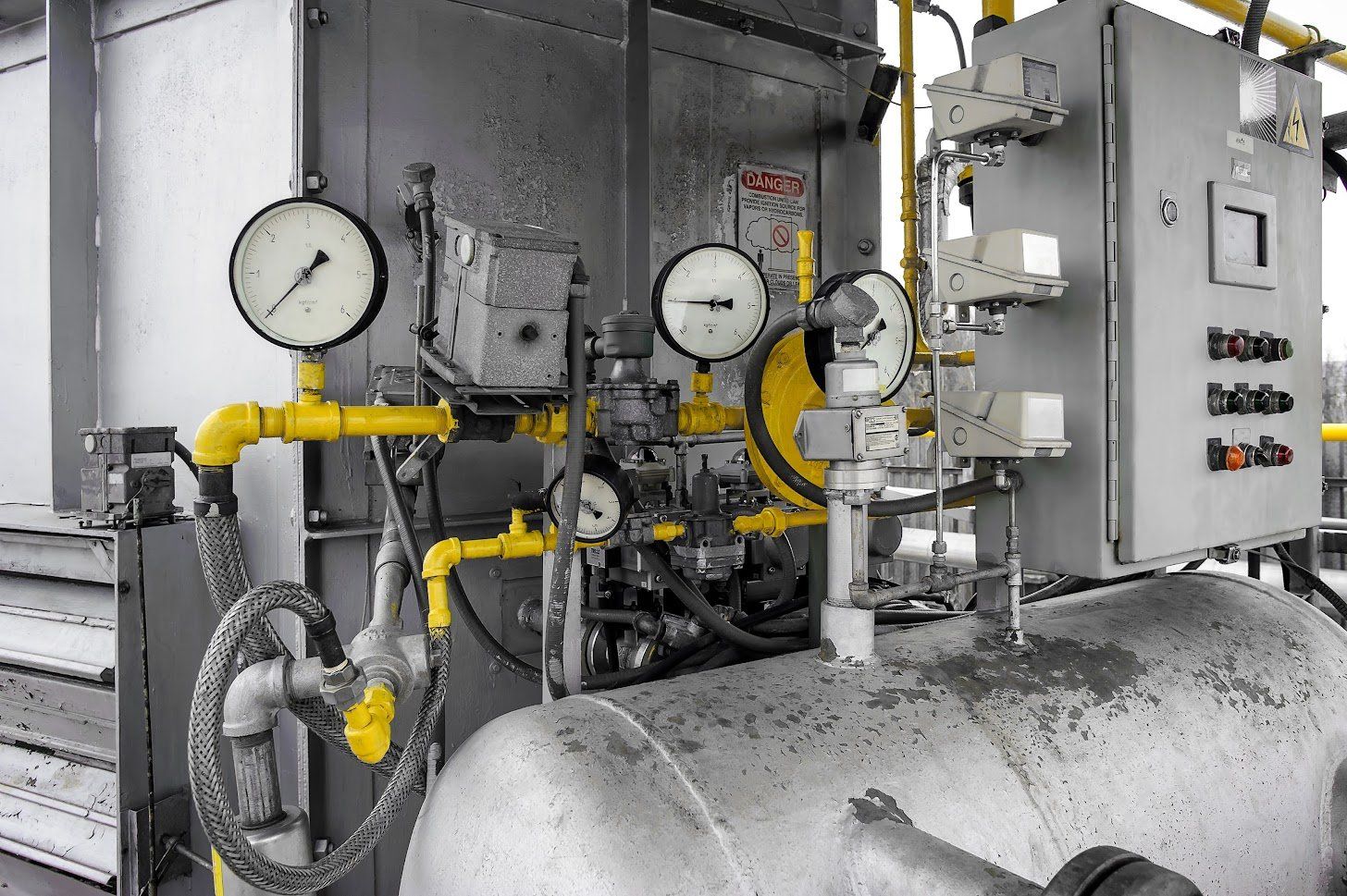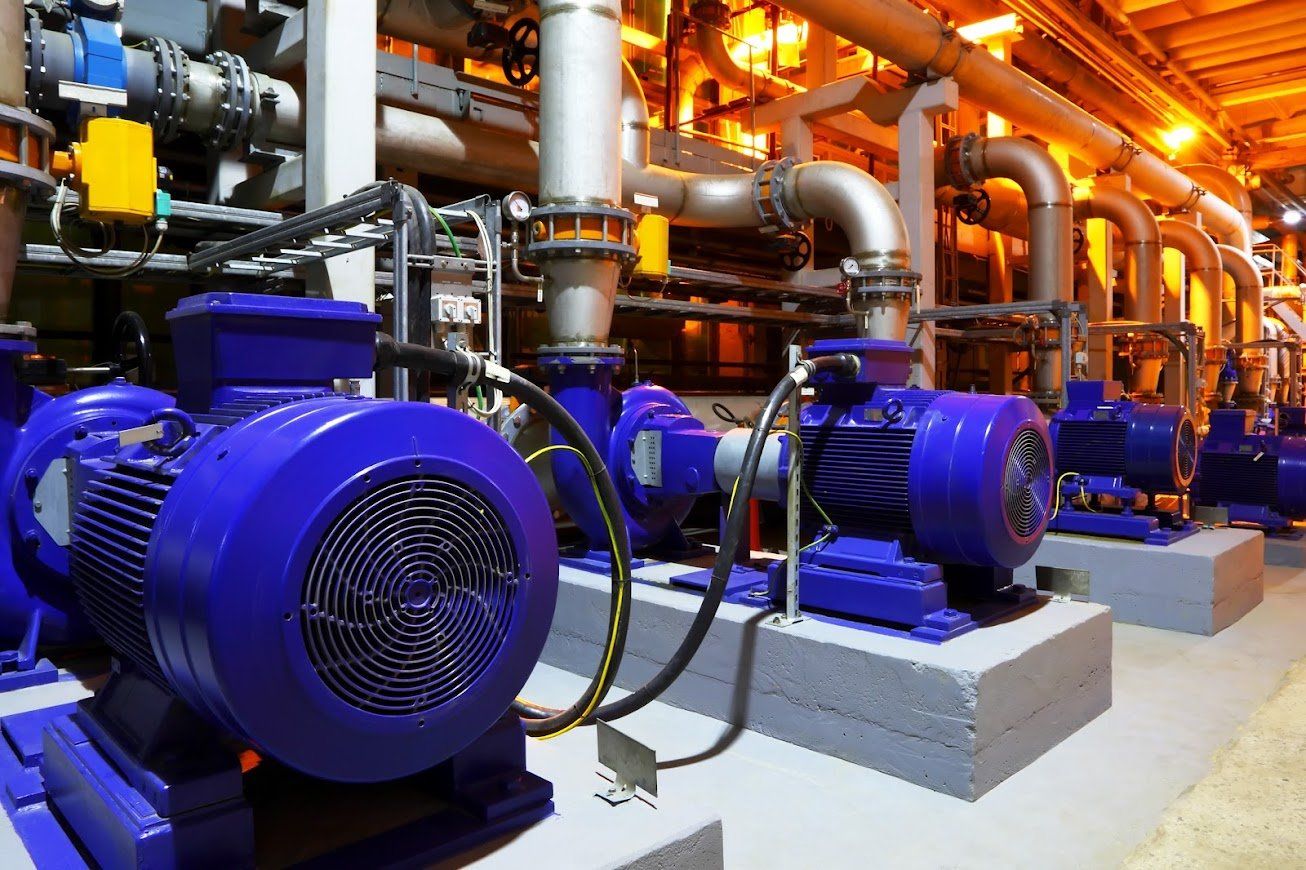Blog Layout
How to Prevent Microorganism Growth in Your Compressor System
How to Prevent Microorganism Growth in Your Compressor System
- By admin
- •
- 31 Aug, 2021
- •
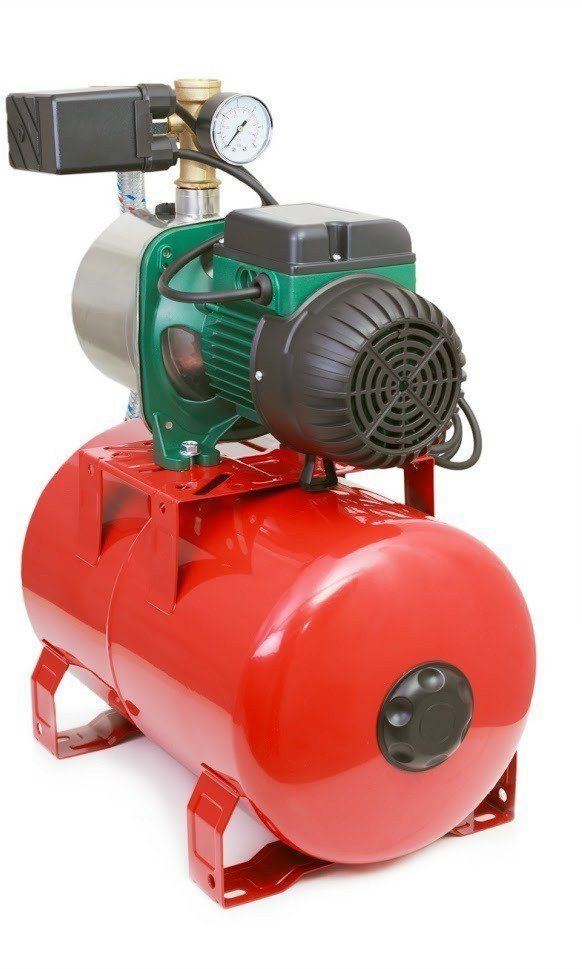
An air compressor has many applications: commercial, residential, and industrial. In all these applications, the result ought to be clean, dry air.
Unfortunately, sometimes the system can get contaminated by microorganisms like bacteria and yeast, which can be hazardous, especially for the medical, food, and pharmaceutical industries.
To avoid disastrous results from dirty compressed air systems, discover a few ways to prevent microorganism growth in your compressor unit.
Keep Moisture Away From the System
Humidity is the number one cause of microorganism growth in compressors. A warm and humid environment provides a conducive location for
bacteria, mold, and yeast to thrive. Therefore, your first call to action should be to avoid moisture altogether.
To reduce moisture content in the compressor, use air dryers or aftercoolers to keep the air dry at all times. The idea behind using dryers is that
the dryer will use some type of technology that delivers the right outlet dew point that can inhibit the growth of microorganisms. That said, you can use different types of dryers, including refrigerant dryers, adsorption dryers, membranes, compression dryers, and desiccant dryers that produce super dry air.
As for aftercoolers, they're often behind the compressor to remove condensation from the air to keep the air as dry as possible.
Ensure the System's Filtration is in Check
Air filtration is vital in keeping microorganisms away from the compressor. First off, use as many filters as possible during installation. You also
want to maintain the filters by regularly cleaning and replacing the filters to eliminate dirt, dust, and debris that may hinder more filtration of target contaminants.
Regularly Test Your Compressed Air System
To ensure the compressor outlets produce clean air, check the result yourself. Testing for microorganisms means you test for the presence of
bacteria, fungi, mold, and yeast. Since you can't see these contaminants due to their minute size, contact an expert to test for air contamination.
Your testing frequency greatly depends on your application, where high-risk applications like medical and food need more regular testing than
other industrial applications. Furthermore, in case of any issues that may arise during testing, deal with them immediately to mitigate the risks
attached to microorganism growth.
Fix Compressed Air Leaks
Air leaks provide a pathway for microorganisms to enter and spread within the system. Moreover, air leaks also often mean a spike in energy
costs as the system has to work harder to compensate for the air and pressure loss.
Therefore, the opposite is true. Fixing leaks on your compressor system will keep the unit free from contaminants and increase your system's
energy efficiency.
Keep the Compressor in a Conducive Environment
Keep the compressor system in a conducive environment away from triggers or components that encourage the growth of microorganisms. For
microorganisms such as bacteria and mold to thrive, they need water, warmth, and food. On top of that, these microorganisms can further
replicate into more bacteria whenever viable supplements such as gases and the proper pH are within appropriate temperatures.
Therefore, place your compressed air system in a cool and dry location where microorganisms can't grow as the environment is hostile and
lacking warmth, humid conditions, and food such as oil.
Microbial contamination is hazardous, not only for food and beverage or medical and pharmaceutical industries but also for other applications.
This contamination can result in the growth of bacteria, mold, and yeast such as salmonella, E.coli, coliforms, and endotoxins, which can lead to
severe gastric symptoms like diarrhea, cramps, vomiting, lung diseases, asthma, immune suppressions, and fungal infections.
For more information about compressed air systems, read through our informative blog. For system services, repairs, and installations, contact us.
Unfortunately, sometimes the system can get contaminated by microorganisms like bacteria and yeast, which can be hazardous, especially for the medical, food, and pharmaceutical industries.
To avoid disastrous results from dirty compressed air systems, discover a few ways to prevent microorganism growth in your compressor unit.
Keep Moisture Away From the System
Humidity is the number one cause of microorganism growth in compressors. A warm and humid environment provides a conducive location for
bacteria, mold, and yeast to thrive. Therefore, your first call to action should be to avoid moisture altogether.
To reduce moisture content in the compressor, use air dryers or aftercoolers to keep the air dry at all times. The idea behind using dryers is that
the dryer will use some type of technology that delivers the right outlet dew point that can inhibit the growth of microorganisms. That said, you can use different types of dryers, including refrigerant dryers, adsorption dryers, membranes, compression dryers, and desiccant dryers that produce super dry air.
As for aftercoolers, they're often behind the compressor to remove condensation from the air to keep the air as dry as possible.
Ensure the System's Filtration is in Check
Air filtration is vital in keeping microorganisms away from the compressor. First off, use as many filters as possible during installation. You also
want to maintain the filters by regularly cleaning and replacing the filters to eliminate dirt, dust, and debris that may hinder more filtration of target contaminants.
Regularly Test Your Compressed Air System
To ensure the compressor outlets produce clean air, check the result yourself. Testing for microorganisms means you test for the presence of
bacteria, fungi, mold, and yeast. Since you can't see these contaminants due to their minute size, contact an expert to test for air contamination.
Your testing frequency greatly depends on your application, where high-risk applications like medical and food need more regular testing than
other industrial applications. Furthermore, in case of any issues that may arise during testing, deal with them immediately to mitigate the risks
attached to microorganism growth.
Fix Compressed Air Leaks
Air leaks provide a pathway for microorganisms to enter and spread within the system. Moreover, air leaks also often mean a spike in energy
costs as the system has to work harder to compensate for the air and pressure loss.
Therefore, the opposite is true. Fixing leaks on your compressor system will keep the unit free from contaminants and increase your system's
energy efficiency.
Keep the Compressor in a Conducive Environment
Keep the compressor system in a conducive environment away from triggers or components that encourage the growth of microorganisms. For
microorganisms such as bacteria and mold to thrive, they need water, warmth, and food. On top of that, these microorganisms can further
replicate into more bacteria whenever viable supplements such as gases and the proper pH are within appropriate temperatures.
Therefore, place your compressed air system in a cool and dry location where microorganisms can't grow as the environment is hostile and
lacking warmth, humid conditions, and food such as oil.
Microbial contamination is hazardous, not only for food and beverage or medical and pharmaceutical industries but also for other applications.
This contamination can result in the growth of bacteria, mold, and yeast such as salmonella, E.coli, coliforms, and endotoxins, which can lead to
severe gastric symptoms like diarrhea, cramps, vomiting, lung diseases, asthma, immune suppressions, and fungal infections.
For more information about compressed air systems, read through our informative blog. For system services, repairs, and installations, contact us.
Browse Our Website
Contact Information
Address:
19009 61st Ave NE, Unit #5 Arlington WA 98223
Phone:
360-925-6356Mobile: (425) 328-0723
Email:
ed@compressedair-systems.com
Hours of Operation
- Mon - Fri
- -
- Sat - Sun
- Appointment Only






Serving Whatcom, Skagit, Snohomish King, and Pierce Counties.
Content, including images, displayed on this website is protected by copyright laws. Downloading, republication, retransmission or reproduction of content on this website is strictly prohibited. Terms of Use
| Privacy Policy


